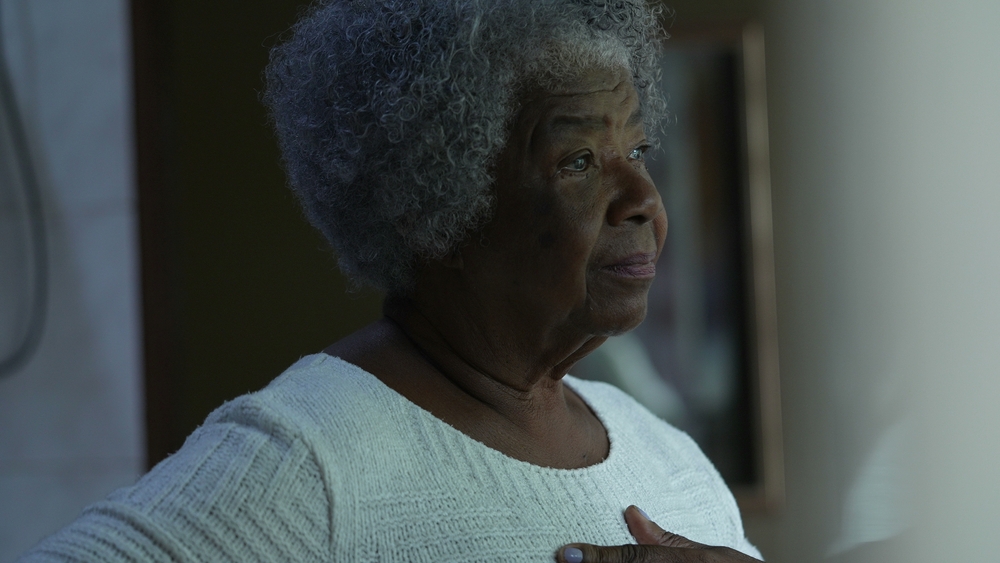Early Signs of Alzheimer’s Disease That May Surprise You
Category:

Watching a loved one go through even the early stages of Alzheimer’s Disease can be a scary and trying process for caregivers. While there is no cure for the disease, being able to recognize the beginning signs of Alzheimer’s can help give both caregivers and patients tools to navigate the challenging road ahead. In this post, we’ll review the early signs of Alzheimer’s and what to do when the first signs of Alzheimer’s begin to appear.
What Are the Early Signs of Alzheimer’s?
Early signs of Alzheimer’s can vary from person to person. However, memory problems are typically one of the first signs of the disease. Common examples that your loved one may be entering the beginning stages of Alzheimer’s include not being able to locate items they use on a daily basis, difficulty completing common tasks, or finding themselves unable to retain information.
Additionally, a decline in “non-memory aspects of cognition” like finding the right word, trouble understanding visual images and spatial relationships, and impaired reasoning or judgment are other early signs of Alzheimer’s to keep in mind.
Though these issues may initially be written off as natural side effects of aging, symptoms will become more severe as the disease progresses and may lead to behavior changes. Often, patients in the early stages of Alzheimer’s will be frustrated or embarrassed that they are having trouble with simple activities, so they become defensive or lash out about the fact that they can’t remember.
Additional Signs of Early Alzheimer’s That May Surprise You
Though memory loss and decline in cognition are considered common early Alzheimer’s signs, there are other, less common signs of the disease that may surprise you. According to the Natural Institute of Aging, other signs of early Alzheimer’s include:
- Poor judgment, leading to bad decisions
- Loss of spontaneity and sense of initiative
- Taking longer to complete normal daily tasks
- Trouble handling money and paying bills
- Challenges in planning or solving problems
- Difficulty completing tasks such as bathing
- Mood and personality changes
- Increased anxiety and/or aggression
Download Our FREE Path to Care Guide
When to Visit the Doctor for Signs of Early Alzheimer’s
If you’re noticing your loved one exhibiting any of the early signs of Alzheimer’s, talk to their doctor, begin exploring your options, and start considering a long-term care plan. In the early stages of Alzheimer’s, simple aids like sticky notes, technological solutions like automated reminders, and tools like a medical ID bracelet can help seniors maintain independence.
However, even though patients in the beginning stages of Alzheimer’s may be able to live their lives without major interruption, as the disease progresses, it can become increasingly dangerous for them to live on their own unsupervised. Having a plan in place for how you and your loved ones will deal with things like providing assistance with day-to-day tasks, what happens when your senior can no longer drive, or where they will live when independence is no longer an option will make all the difference when it comes time to make hard decisions.
To learn more about our home care services, contact our caregiving team today at 1-800-GRISWOLD or find a Caregiver near you.
Subscribe
Date: 2024-07-10
Category:


